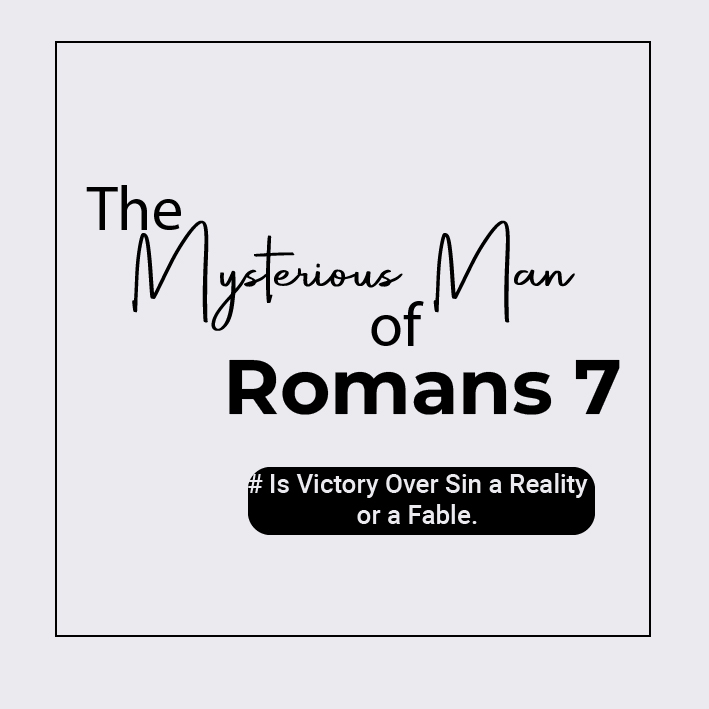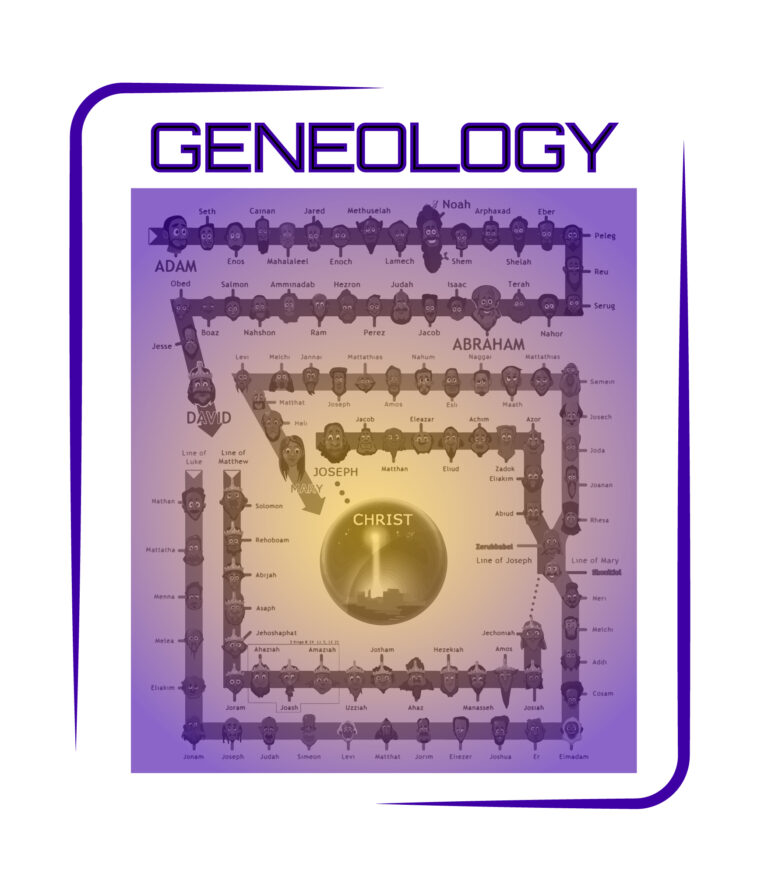Shalach MINISTRY INTERNATIONAL
STUDY NOTES
Imagine a child born in prison, whose mother is on a death sentence. All his life, all he knows is prison life, sleeping at 4:00 pm, eating that food which is only for survival, dressing in prison wear, never seen any of the family members, prison life is the kind he is used to. 20 years down the road, the mother dies.
Then the OC tell the child, “It’s time to go, this is prison, you are free, it was your mother who was imprisoned, not you”. In mercy, the officer decides to take this child as his own, knowing very well that he has no where to go. And in order for the officer to prove him, he goes ahead, packs his belongs and those that belonged to the mother, and leads him out of prison, buys him new clothes, takes him to his own home and gives him a room, takes him to a good restaurant and orders good food, which the child has never eaten. And the officer tells him, “That’s what you will eat and dress the rest of your life! The other room belongs to you until otherwise” What will be the child’s response?
That’s exactly what the Israelites went through as God was giving them the manna, and taking away the foods they were used to eating in Egypt. In manna episode 1, we look at the lessons we get from this wonderful bread of life. What lessons does the manna which fell from heaven have for us?
Come with me to the land of Israel, past Abraham, Moses, Elijah, to the period where the oracles and laws were in the hands of the Pharisees, scribes, and Sadducees. They had taught the people to have full confidence in the religious Leaders (themselves). They taught that in order for one to have eternal life, he or she must be an Israelite, a literal son of Abraham, and the same individual must be rich, giving tithes and sacrifices as often as possible. On these conditions, an individual would be admitted to the kingdom of God. When it comes to the messiah, the people believed that yes, he was going to come, but to redeem Israel from the Roman hand.
The messiah was not taught to redeem from sin and give eternal life. Now here comes Jesus, the messiah in the time of these teachings. He wants to teach what is true, for all they were teaching was error. He tells the people, “He who eats my body and drinks my blood will have life in himself!” He continues to say that their fathers ate manna in the wilderness and they died, but he who eats his body will never see death. Jesus says that he is the living manna! How does manna represent Jesus? What exactly did Jesus mean, and how are we to eat his body and drink his blood?

Christians throughout the centuries have urged the reality of victory over sin. They are divided on the issue and debate about it. Some say that a human being can live a life without sin. Others say that it is impossible for a human being to live without sinning. The issue and controversy especially springs around Romans 7.
Here, we probably find the most miserable man in the world. He knows what should be done, he knows what is right, he knows his obligation to God and Man, and he wants to do it. But every time he wants to do what is right, he ends up doing what is wrong. He is struggling to do what is right, but does what is wrong. He is constantly a failure in his Christian journey.
Who is this man? Is he a person who has not yet known about the saving truths of the gospel, one who is unconverted in heart, or it is a person who has already accepted the truths of the gospel and already converted in the heart?
God had told the children of Israel that they were not to intermarry with the nations around them. A non-Israelite was not supposed to partake of the Passover. The Lord had promised the messiah who was to come, he was to be israelite by nation.
How could the Israelites ensure that a stranger doesn’t infiltrate them, claim to be the messiah, or perhaps claim to be an Israelite yet in reality is an impostor? How could they maintain that indeed the messiah must come from Israel? They came with an idea of genealogy.
When introducing yourself, you were supposed to give the name of your father, his father, his father, family, tribe and location until you trace your descent to Abraham. They knew that, still, this would not be effective enough, so they wrote books of the registry for each tribe, family and clan. Every Israelite was to make sure that their child was in this book. In case any doubted your decency, they could check out to see whether what you say is true.
We pick a story during the times of Ezra and Nehemiah after the Babylonian captivity. Differentiating the true Israelite from a false one through genealogy and how it speaks to us today.



